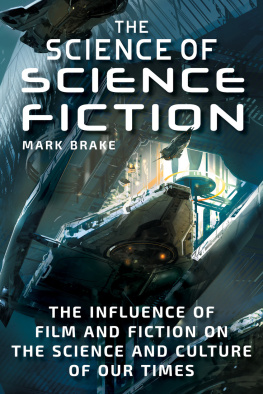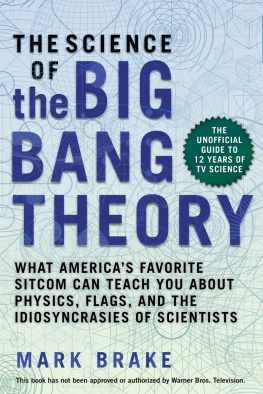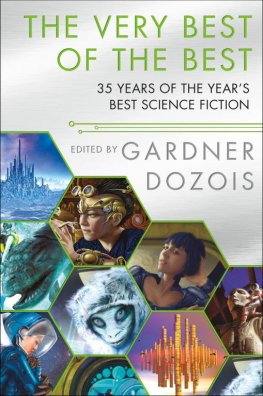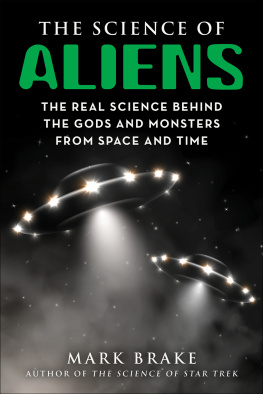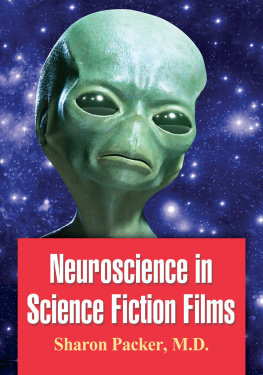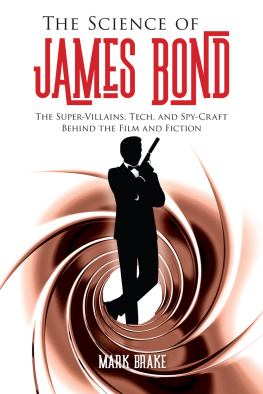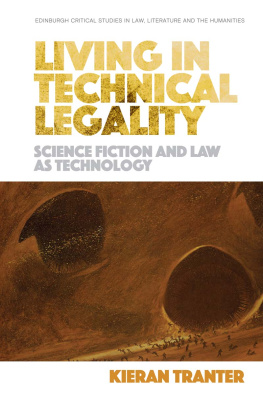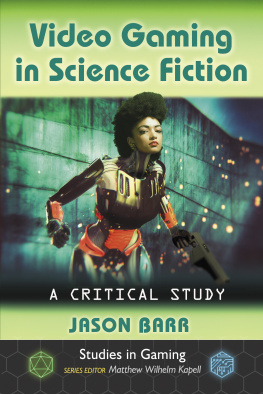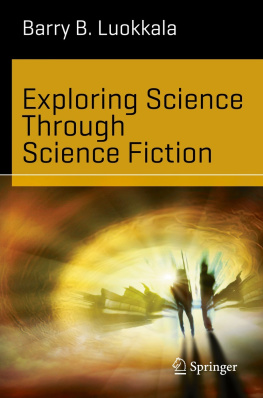Copyright 2018 by Mark Brake
All rights reserved. No part of this book may be reproduced in any manner without the express written consent of the publisher, except in the case of brief excerpts in critical reviews or articles. All inquiries should be addressed to Skyhorse Publishing, 307 West 36th Street, 11th Floor, New York, NY 10018.
Skyhorse Publishing books may be purchased in bulk at special discounts for sales promotion, corporate gifts, fund-raising, or educational purposes. Special editions can also be created to specifications. For details, contact the Special Sales Department, Skyhorse Publishing, 307 West 36th Street, 11th Floor, New York, NY 10018 or .
Skyhorse and Skyhorse Publishing are registered trademarks of Skyhorse Publishing, Inc., a Delaware corporation.
Visit our website at www.skyhorsepublishing.com.
10 9 8 7 6 5 4 3 2 1
Library of Congress Cataloging-in-Publication Data is available on file.
Cover design by Sparth
Cover photographs by Sparth
Print ISBN: 978-1-5107-3936-9
Ebook ISBN: 978-1-5107-3937-6
Printed in the United States of America
For Zap
Pythagoras with the looking glass reflects the full moon/
In blood, hes writing the lyrics of a brand-new tune Genesis
TABLE OF CONTENTS
INTRODUCTION
H eres a true story about my own science-fiction past.
When I was a kid, I used to fill my days by reading lots of futuristic science-fiction stories. Stories about space, tales about time travel, entertaining yarns about gadgets and inventions, and comic-book accounts of the superpowers we might one day possess. The influence of these stories on my friends and me was simply huge. It occupied our waking hours, as well as our dreams. It gifted us fevered and fertile imaginations.
My friend Zap shared this fertile imagination, fed and fueled by science fiction. In fact, our imaginations became so fevered that, one day, Zap managed to convince me and some other friends that we could become superheroes. How would such superhero status be achieved? Simply by necking [thats local slang for drinking] some superserum, made by Zaps own fair hand.
Yes, we must have been sweetly innocent (or stupid) to believe this fable and fabric of nonsense, straight out of the comic books, channeled through Zaps imagination, and back out into the real world. We waited and waited for the big day when our transformation from boy into superboy would come. We grew impatient. But Zap, when are we going to become superheroes? we justifiably asked.
Dont worry about that, dudes. Ive got it covered. Im making some superserum in my dads crib.
Yes. Superserum. In his dads crib. On a housing project in Britain, back in those swinging sixties. Sure, Stan Lees Marvel superhero tales in the 1960s were all about ordinary folk like us. Stan had revolutionized the genre with a large dose of reality: down-to-earth characters living everyday lives with stories peopled by folk who had personal problems. But superserum? In his dads crib on a housing project?
It would have been wise to question the validity of Zaps claims, but wise we were not, as Yoda might chime. We were far too distracted by the promise of all the trappings superherodom brings: jumping over buildings, stopping speeding bullets, and of course, the girls. We got tired of waiting. Zap kept on promising, but nothing was delivered. In the end, we simply demanded the superserum. At once. With no delay. Now! We demanded the ability to jump over buildings, to stop speeding bullets, and of course, we demanded the girls. We followed Zap home and impatiently waited outside his house until he brought forth the superserum (in comics, inventors often appear to bring forth the invention).
As Zap triumphantly came out of the lab (his dads crib), our breath was fully bated. What was he carrying, you may wonder, a sleek test tube full of some fluorescent and clearly cosmic superserum worthy of Hugo Strange? Perhaps a wizard potion in a cool Professor Snape-ish vial? Or a huge syringe with which to transform us forever? No, dear reader, Zap came out of his house with nothing more than a bowl full of ordinary water.
Gutted. In fact, mega-eviscerated. Picture this: my friends and I in a towering Hulk-like rage, reaching almost superhero proportions without the help of a superserum. After all that waiting, we were incensed. We were severely disappointed. We were incandescent ! We hurled the bowl of water over Zaps head and stormed off into the sunset, disillusioned, but determined to find a brighter future.
A SCIENCE-FICTION WORLD
Maybe my early superserum experience is the main reason why, ever since, Ive gotten a huge buzz on hearing that one of the predictions I read about as a kid has actually turned out to be true. If youve lived the dream from the start, and see the idea turn into reality, it can be simply inspiring.
It very much depends on perspective, though. Take this example. I was recently blown away by the fact that, sitting in a greasy British caf, I was still able to watch a live soccer match on my phone. I was suitably enthusiastic to my kids. Look, kids, Im watching the football! Its the future. Its science fiction! I said. My kids were totes unfazed.
No, dad, its just a smartphone.
And yet, years before, Id already found my niche as a professor of science communication at a British university where Id invented study courses that focused on the future. One course was all about the search for alien life in space and another was all about the links between science and science fiction, but the one thing they had in common was our future on Earth and in space.
As a university science professor, I also did some writing for NASA and organized speaking tours for Russian cosmonauts, pioneers of space travel. Through my work, I found that humans have been making up science-fiction stories for hundreds of years, much longer than youd think. Some of the earliest stories were about space voyages. Theyre in this book. They come from a time, the early 1600s, when astronomers had found that the Earth was in orbit around the Sun, and not the other way around. Ships had started voyaging around the globe four hundred years ago, so writers had already started to imagine sailing out into space.
Since then, there have been thousands of amazing science-fiction stories about aliens and time machines, spaceships and cyborgs, androids and the end of the world. These stories all have one thing in common: theyre about the way science may affect our lives in the future, so it should be no surprise that this book is about the future.
We are the first generation to live in a science-fiction world. Media headlines declare this the age of automation. The TV talks about the coming revolution of the robot, tweets tell tales of jets that will ferry travelers to the edge of space, and social media reports that the first human to live for a thousand years has already been born. The science we do, the movies we watch, and the culture we consume is the stuff of fiction that became fact, the future imagined in our past, the future we now inhabit.
This book is the story of how science fiction shaped our world. No longer a subculture, science fiction has moved into the mainstream with the advent of the information age it helped realize. Explore how science fiction has driven science. This book will open your eyes to the way science fiction helped us dream of things to come, forced us to uncover the nature and limits of our own reality, and helped us build the science-fiction-driven world we live in today.

